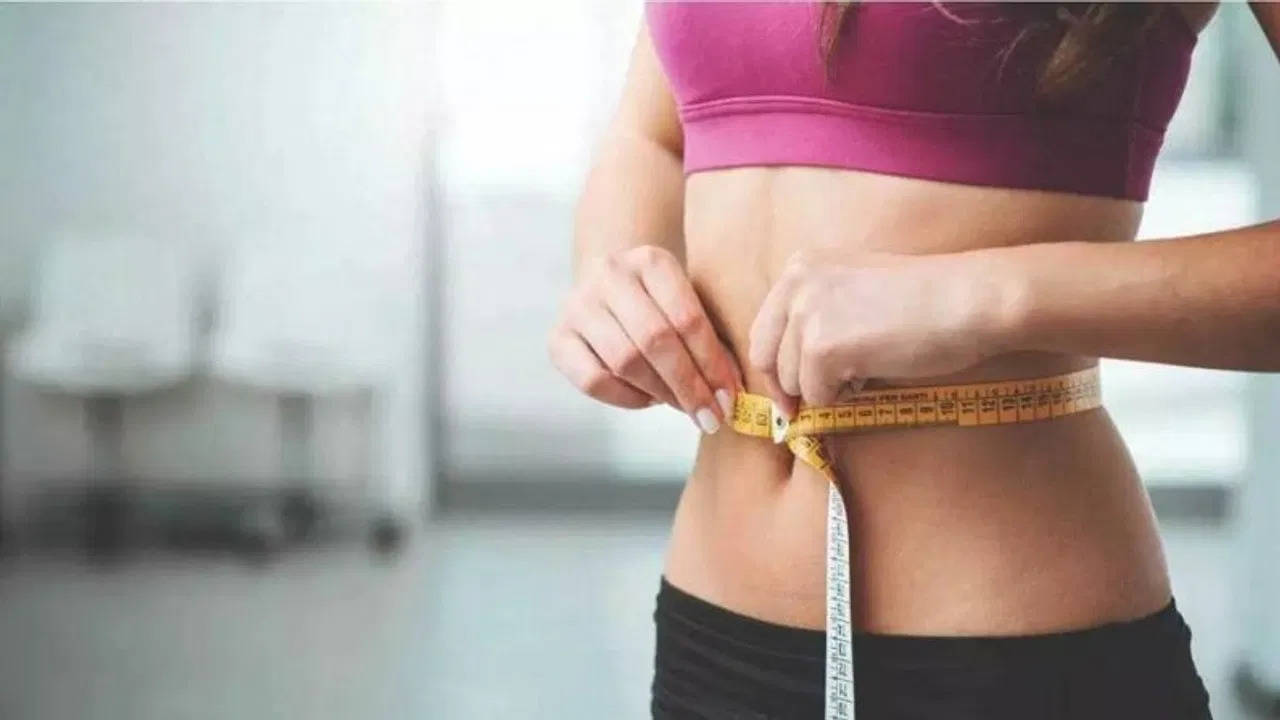Are you making these big mistakes before and after exercising, otherwise your weight will increase instead of decreasing?

Lifestyle News Desk, Just exercising is not enough to lose weight or get good health. Along with this, it is important to take care of your eating habits also. Before training, you should eat something that gives you energy. It is also important to keep the body dehydrated. There are some things which you should not eat at all. Know here what your pre- and post-workout diet should be.
● Consume high-quality carbohydrates about one to three hours before exercise to provide the body with enough energy as fuel. Avoid sweets, canned drinks etc. Which contains refined and artificial sweeteners. Eating foods high in sugar can cause blood sugar levels to drop rapidly during exercise. You may feel dizzy or tired. Eat whole fruits instead of juice. Too much fiber at inappropriate times before exercise can upset the digestive system. Therefore, do not eat too many fibrous things.
● Hydrate your body well two hours before training. Drink at least half a liter of water 30 to 60 minutes before starting. Avoid drinking caffeine and alcohol two hours before your workout. Both are diuretics and reduce water in the body. Similarly, excessive caffeine consumption increases body temperature.
● During training or cycling, your body temperature increases and your body sweats to stay cool. If you exercise but drink less water, it can lead to dehydration.
● Do not eat heavy meals immediately after exercise and do not eat too much at one time. Eat more protein in your diet to replenish cells damaged during exercise.
Check your sodium intake
Eating salt increases the amount of sodium in your blood. Sodium increases water, which increases blood volume and puts pressure on the heart's blood vessels. In addition to high blood pressure, increased sodium levels in the blood reduce the kidneys' ability to remove excess water. Therefore consume less sodium salt. Especially avoid adding salt to food.
Eat potassium-rich foods
Fruits and vegetables help balance high blood pressure. They also contain potassium in abundance. Potassium neutralizes the effect of sodium. This keeps blood pressure under control. Eat two potassium-rich foods every day like bananas, coconut water, sweet potatoes, spinach, lentils, beans and watermelon etc.
eat less sugar
Sugar is as dangerous as salt in high blood pressure. High blood pressure and insulin resistance go hand in hand, which is what happens when you follow a diet that's too high in sugar. As insulin levels increase, so does blood pressure. Therefore eat less sugar. Keep the level of added sugar in your diet to less than 10 of your daily calorie requirement.
reduce trans fat
Consuming trans fats increases LDL (bad cholesterol), decreases HDL (good cholesterol) and increases triglycerides. All these factors cause fat accumulation and hardening of the arteries. This causes high blood pressure. Therefore, minimize the consumption of fried foods (made from frequently used oils), vegetable oils and various butters etc.

